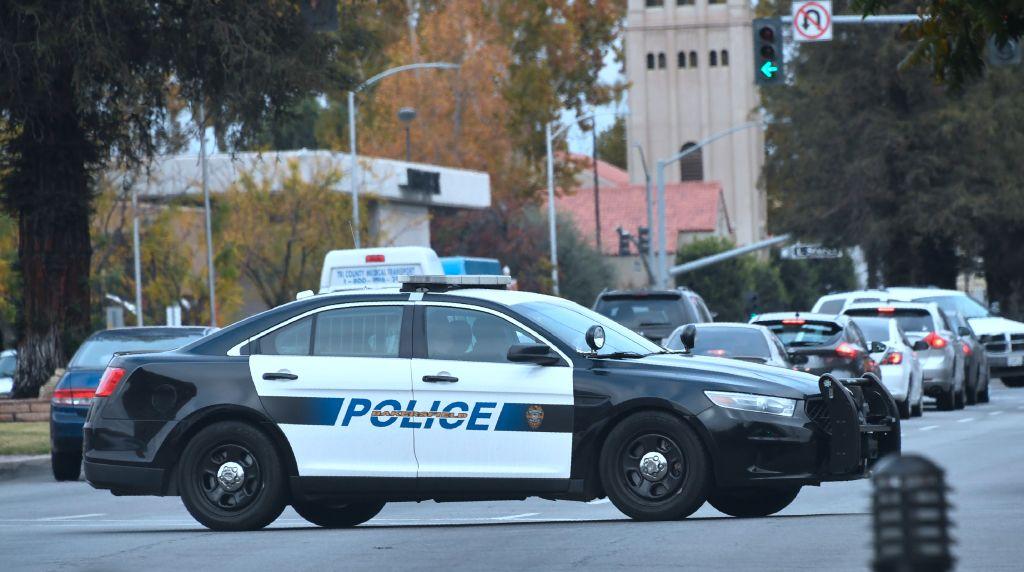In November 2020, Californians will vote to either keep changes they made to their criminal justice system in 2014, or undo some of them.
Five years have passed, in which Californians have seen the negative impacts of Proposition 47, says California Police Chiefs Association President Ronald Lawrence. Among those negative impacts, he said, is the rise of marauding bands of shoplifters terrorizing stores across the state.





